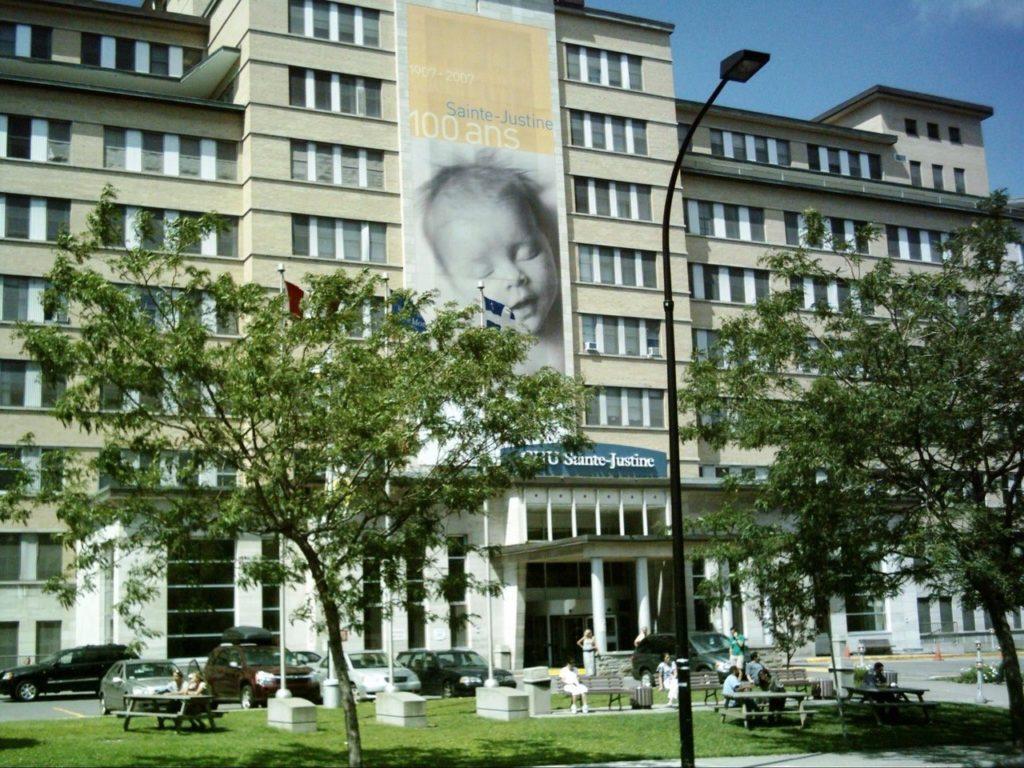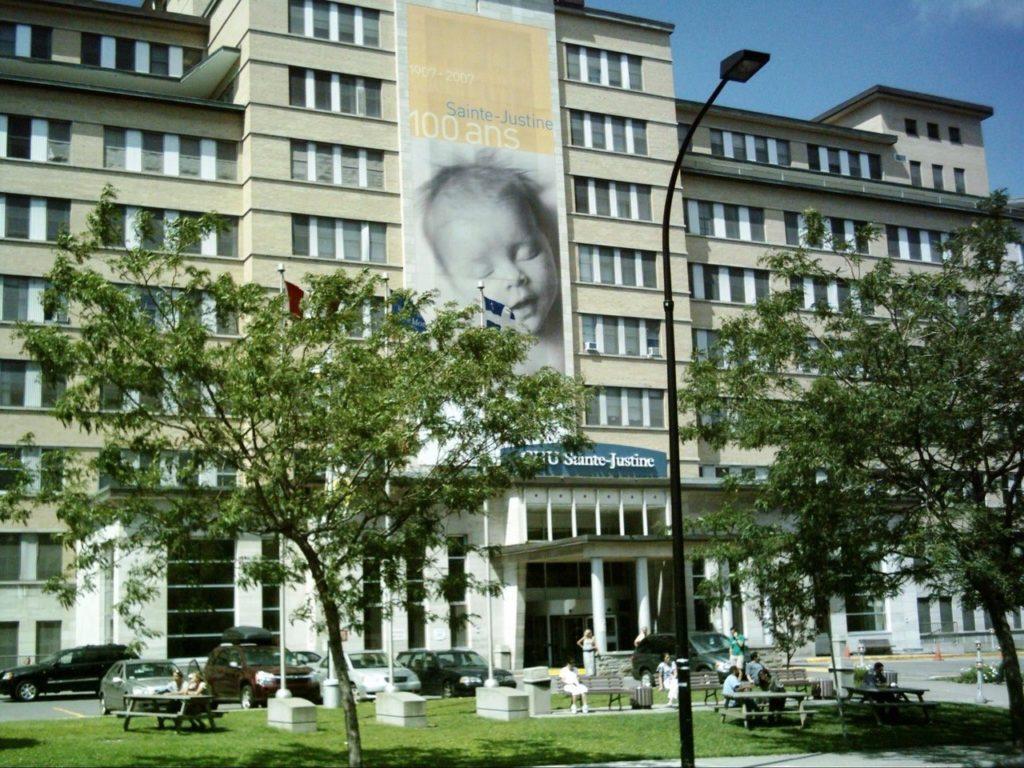
There has been much attention to health systems resilience in recent years – remember that it was the epitome of the 2016 HSR global symposium. Since the arrival of the pandemic, it has become even more prominent and is now increasingly also linked to pandemic preparedness and response. So yes, here’s another editorial on this somewhat glossy concept – but this time, we’re going to look at it from a specific angle and critical perspective.
So far, we see little emphasis in the resilience literature on the health human resources (HHR) pillar of health systems – see here, and, to a lesser extent, here for recent illustrations. We know that countries must establish workplace environments that contribute to the satisfaction and health of HHR. For example, ensuring healthy employment relationships, coherent compensation systems, safety and quality of life at work. Adequate working conditions are key for HHR stability, they ensure that when a crisis strikes, HHR are equipped to respond and navigate through the crisis appropriately. Originally, the concept of resilience goes well beyond the capacity to cope with a difficult situation. It implies a positive transformation, meaning that individuals, teams, and organizations do not go back to their initial status: they change, for the better. But there are very few indications as to how that change may occur, and most importantly, on the role played by institutional support structures in inducing such a change. In the context of the pandemic, how did Quebec – the second most populous Canadian province – do in that regard?
First, a quick look at the pre-existing HHR situation in the province. On top of having an inadequate geographic distribution of HHR, Quebec had recurring issues of HHR recruitment and retention, especially since the 2015 reform, and specifically in nursing. The COVID-19 pandemic has both shed light on and exacerbated these issues. In particular, the pandemic “showcased” the massive shortage of HHR personnel in publicly-regulated long-term care facilities. These facilities concentrated 62.6% of all COVID-19 deaths in Quebec in 2020. The need to improve the attraction and retention of staff in those facilities, and to rapidly address the low value associated with personal care attendants’ jobs (préposés aux bénéficiaires) was made clear. Indeed, the COVID-19 crisis showed how indispensable people are in the care sector, such as personal care attendants.
The pandemic also exacerbated another issue: the mental health of HHR personnel. Quebec’s Institut national d’excellence en santé et en services sociaux released a rapid review in April 2020 that highlighted major sources of psychologic distress for HHR. Authors identified: uncertainty related to availability of personal protective equipment (PPE), provision of direct patient care, quarantine or self-isolation, and compassion fatigue. We also know that specific workplaces or organizational environments may aggravate psychological distress or mental health status.
Quebec is now in the middle of a fourth wave of the pandemic. And HHR are exhausted. Hospital managers have almost constantly resorted to measures like compulsory overtime since March 2020, particularly for nurses. In fact, this trend emerged well before the pandemic. Dealing with the pandemic has inevitably led to massive staff burnout, which has direct implications for sustaining the whole health system. In Quebec’s most remote areas – e.g., in the Northwest – it doesn’t take much for the health system to collapse, because it is impossible to replace healthcare workers on preventive withdrawal due to COVID-19 exposure. If that did not suffice, more recently, with the rollout of vaccine passports and mandates, HHR have also been the focus of aggression. Quebec’s government, like other Western governments, declared that employees who are not fully vaccinated by October 15 will be suspended without pay. Instigating such stigma amongst HHR, in times of collective exhaustion, although to some extent understandable from the perspective of governments, will certainly not foster health systems resilience.
Among key enablers for preventing mental health problems in the context of COVID-19, public recognition of HHR’s role in controlling the pandemic is essential. We certainly remember clapping our hands to acknowledge the hard work of people on the frontline at the beginning of the pandemic, and listened to government praises for HHR’s contributions to the ‘greater good’. But “words and awards do not cure diseases”, says V. Kerry. What actually matters is the capacity of health organizations to exert strong and compassionate leadership with clear, transparent communication (e.g., providing a daily news bulletin to offset staff’s uncertainties), and, most importantly, offer mental health support (e.g., a peer support program for HHR). The experience of Montreal’s Sainte-Justine Hospital, which we documented recently alongside those of other hospitals across the world is enlightening in this respect. Sainte-Justine has embraced a magnet model of organization. Basically, magnet hospitals rely on greater employee engagement and interprofessional collaboration, allowing for a healthy workplace environment. Its Bureau de la Qualité de Vie au Travail developed a training program targeting managers whose staff had been sent to long-term care facilities in 2020, and the staff itself. Some of the ways to cope with psychological distress and prevent and manage post-traumatic disorder (e.g., peer support and ‘battle buddies’), as shown in videos produced by the program, have inspired (and been implemented in) other hospital settings in Quebec. These measures increase staff’s individual self-efficacy and confidence.
Another resilience scholarship blind spot is the role played by public health staff, a critical resource for managing a pandemic, as the world has found out by now. In addition to contact tracing investigators, public health employees have been every day on the job to carry out operations related to COVID-19. They are divided into dozens of teams across the province, developing and implementing testing strategies, health promotion programs, infection control policies, large-scale and targeted vaccination campaigns, and surveillance activities. For a staff group that “used to work in the shadows” as a public health regional director said, their resilience capacities have been particularly tested in this pandemic. Moreover, several COVID-19 clusters among public health staff added to the physical and mental health burden. They too are exhausted; staff rotation and leave have never been so high, from what we hear in the hallways of regional public health offices.
We know that COVID-19 had a high toll on HHR and public health staff, globally. Coping strategies have reached a breaking point, given the lack of real structural changes. The COVID-19 pandemic may have taught just that: health systems resilience is about implementing organizational support structures, for staff on the frontline – not about asking them to do more.

Sainte-Justine hospital.
Source: https://commons.wikimedia.org/wiki/File:Sainte-Justine.jpg ; Credits: Jeangagnon, CC BY-SA 3.0, via Wikimedia Commons